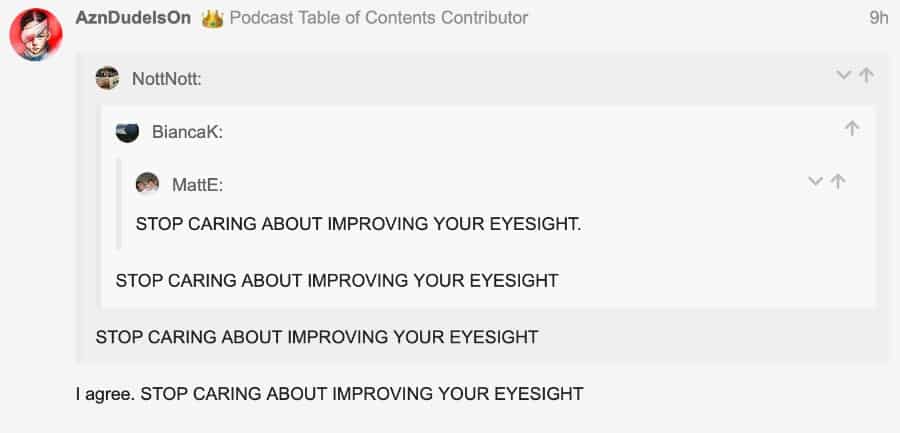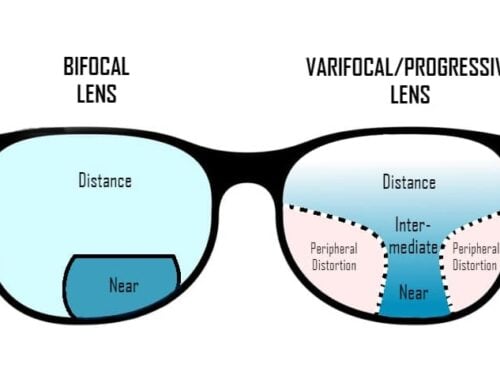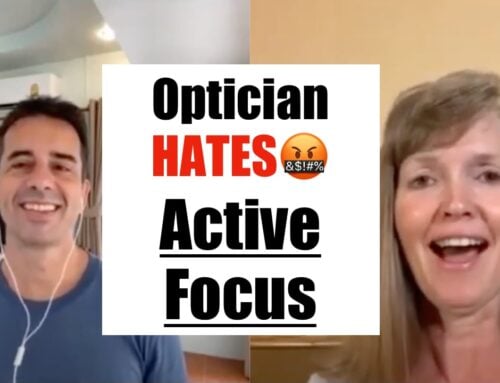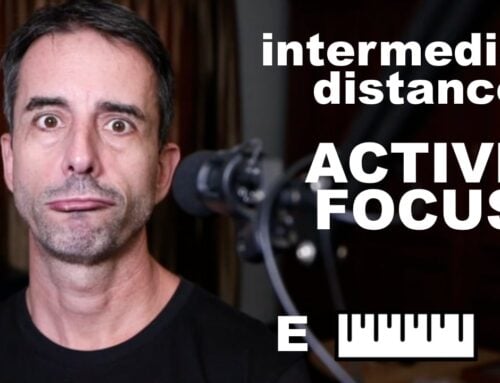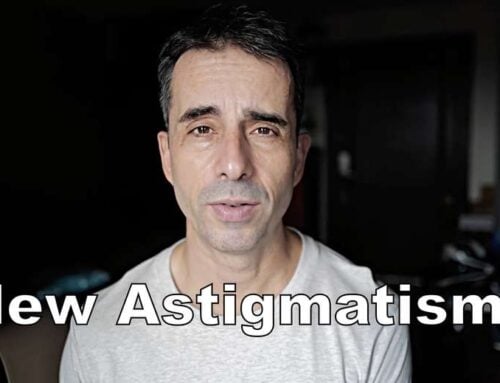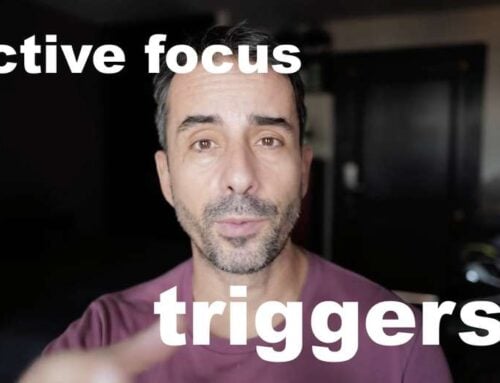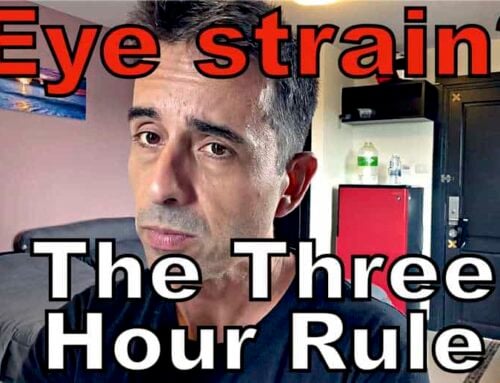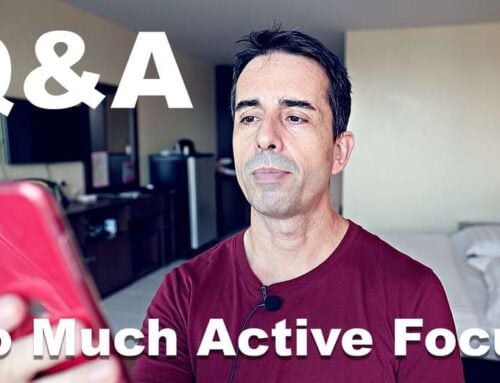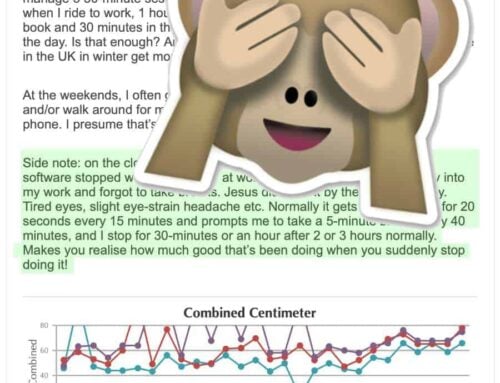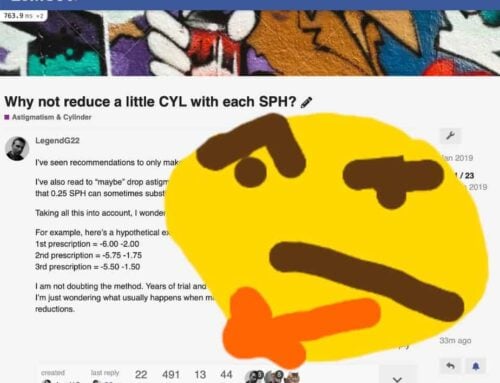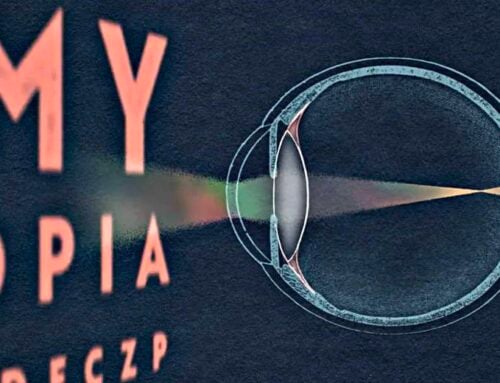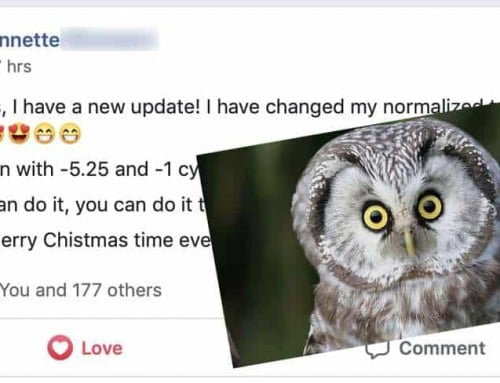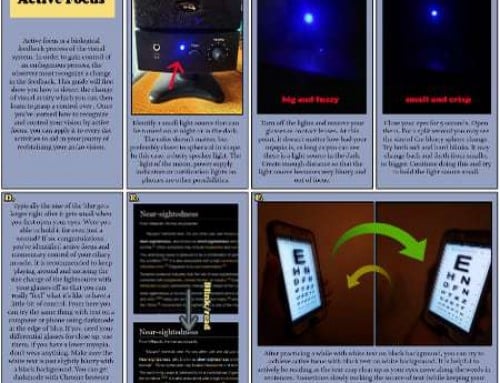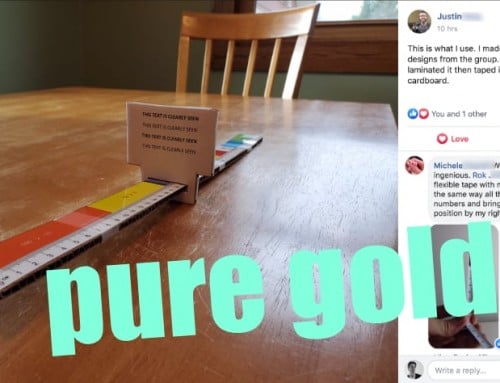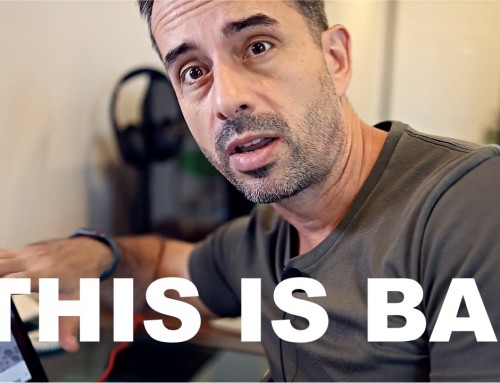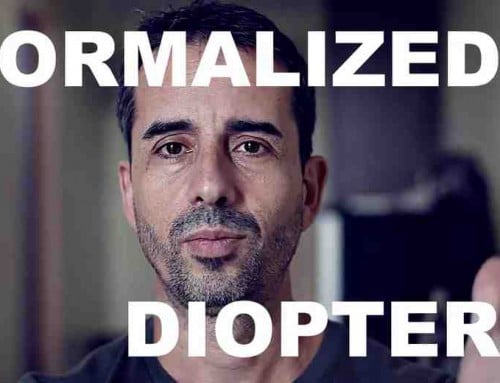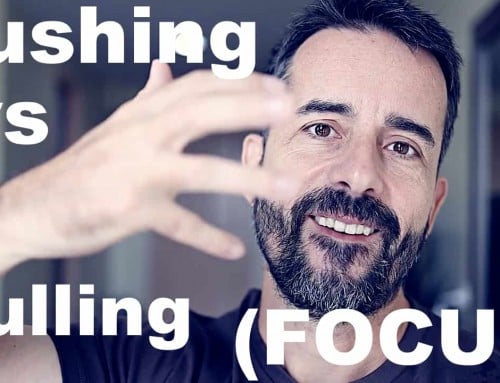Here’s what you’re going to do – you’re going to reduce diopters too fast, and too much.
Yes, yes you will.
The statistical odds are, anyway. You’ll get excited, you’ll figure out diopters and active focus and measuring and you’ll get quite confident and exited.
And then reduce too much.
And then end up having to start all over again. Or you could avoid all of that by taking ye ole guru’s suggestions on slowing down with the reductions.
Repost from my forum comment:
The general story on reductions:
First reduction for normalized can be up to 1 diopter.
More, usually doesn’t work out well. Doesn’t matter how much overcorrection or what can be read on Snellen, past one diopter things just don’t go right.
First reduction for differential, 1 to 1.5 diopters from distance glasses.
Same as above. Less doesn’t work out, more doesn’t work out. Few exceptions but very most likely, that.
THEN.
The first reductions from there are a question mark. How your eyes adapt to the new world of less strain and stimulus, and overcorrection and maybe incorrect ratios, maybe cylinder you didn’t need, etc. There are one or two reductions where things are “adjustment”.
Still, in general, just quarter diopters in most cases.
THEN.
3-4 months between reductions.
Nobody ever listens to me on this. It’s the thing that’s by far the most common and I don’t know why the convenience of just taking some of the advice. But … that’s how it is. I couldn’t count how many times people have said this and at this point I just totally ignore it.
Three. To Four. Months.
Whatever happened in the first couple of reductions, that was the margin. Overcorrection, stimulus, active focus abilities, environment, preference, whatever. Whatever didn’t get successfully reduced then, isn’t going to reduce faster than 3-4 months here.
Exceptions? Yes. Because what fun would it be otherwise, and if I was not a dummy I would never post faster improvement reports. Heh.
That exception isn’t going to be the guy though who spends 10 hours working in front of a screen and then another 10 hours playing on their phone, while pretending to themselves that they spent more than an hour or two on real distance vision (ie. everybody basically).
It’s once in a blue moon, surfer dude or the guy who isn’t actually a screen addict, or the random lucky
.
That isn’t you. (“you”, non specifically speaking)
Three to four months.
Weird double vision that won’t go away? Yes you reduced too fast. Suddenly night vision sucks? Yes you reduced too fast. Dry eyes, strain, sitting closer to monitor not telling anyone about it, squinting at everything at the Starbucks menu, smiling it all random people because who knows they might be somebody you know?
Yes, you reduce too fast.
It’s an auto pilot project. It’s boring. It requires no attention. It doesn’t benefit from extra flogging or analyzing or squeezing. It’s still gonna take 3-4 months for your biology to adapt, regardless of how many times you go, “are we there yet”.
Best part? The more you monkey with up and down, up and down, uuuupanddown with the diopters, the less well diopter changes work to engage the visual cortex and biology in general (or however it works, the more you change diopters, the higher the chance that the biology just throws up its non literal hands and goes “ohhh wtf all of this”).
The cool part about endmyopia, you learn it once, you figure it out, you get the habits sorted, and then it just … works.
Yes exceptions and you hear about all those here and my million posts. But for every one person going “buuuuuuuuuuuuuut …” there are hundreds who just reduce and forget, reduce and forget. It mostly just works, in most cases (apparently anyway).
When it doesn’t, it’s mostly that the person spends way, way, waaaaaay too much time in front of screens (like bro, I love pizza and I hate the gym, but you said I’d get stronger … what’s going on here bro). That and a lack of real regular outdoor habits (going outside for 64 hours once a month is no substitute for regular outside time).
The difficult part here is personalities and lifestyles and how we interpret the vagueness of words and ideas.
This sh*t just works. Faster, a very vague maaaaaybe … if you happen to have a surfing habit and you don’t have Instagram and there’s an old Vespa in your garage that you’re fixing up, and you’re hanging out with friends and watching movies from projector distance and playing chess and going for hikes in your spare time. Still, just maybe. Probably still just once every 3-4 months.
You’re not that guy though (again, not “you” at anyone here specifically)
You sit in front of screens for work for 10 hours a day and then oooops you watch some movies on Netflix on your iPad and oops 700 “just real quick bro” times checking your phone? 3-4 months of successful reductions is like, how you are still improving at all is beyond me, but yay for apparently very permissive biology.
It’s not gonna be faster than 3 to 4 months, I guess is the tl;dr.
But bro, what about this guy in that podcast you did, he improved way faster, bro.
Also:
The 4-6 weeks bit is for not changing focal planes sooner / more frequently. Sometimes people will get a new pair and while there’s no major discomfort or alarm, they go “ohhh I think I picked wrong”. And then starts back on forth of changes, and in the end nothing seems to be right or work anymore. So the 4-6 weeks thing is more the minimum time before you could change focal planes without heading in that direction of issues.
I’ve said plenty about this, see various videos and search here. Though above should be a decent summary.

